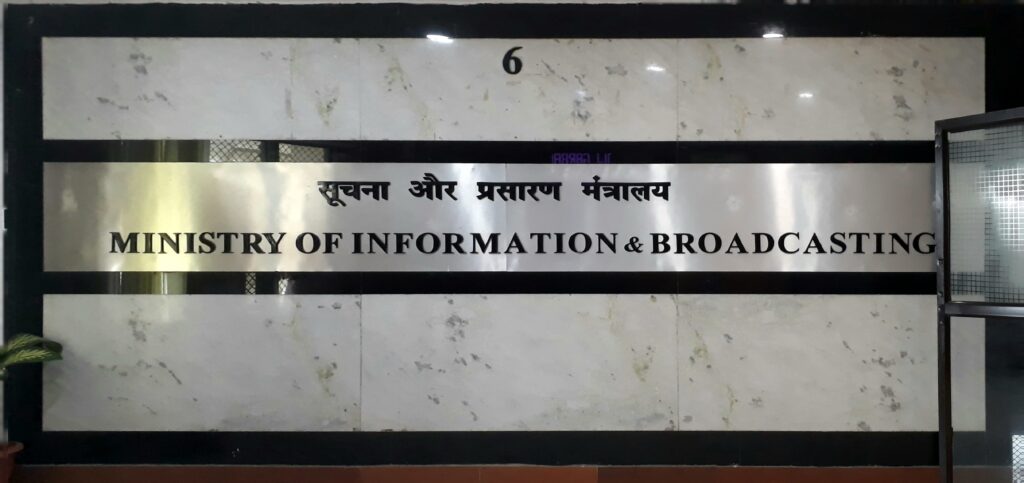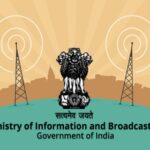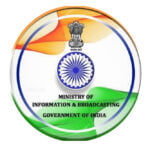The Ministry of Information and Broadcasting (MIB) has taken a significant step towards transforming the broadcasting landscape with the release of the draft Broadcasting Services (Regulation) Bill, 2023, on November 10. This proposed legislation aims to introduce a consolidated legal framework, replacing the outdated Cable Television Networks (Regulation) Act of 1995 and extending its jurisdiction to encompass Over-the-Top (OTT) content, digital news, and emerging technologies.
The Cable Television Networks (Regulation) Act of 1995, having governed linear broadcasting for three decades, is now deemed inadequate to address the dynamic changes brought about by technological advancements. With the rise of platforms like DTH, IPTV, and OTT, there is a pressing need to modernize the regulatory framework. Recognizing this imperative, the Ministry seeks to streamline processes, facilitate ease of doing business, and enhance adherence to the Programme Code and Advertisement Code.
Key Provisions of the Draft Bill:
Consolidation and Modernization
The draft bill proposes to consolidate and update regulatory provisions for various broadcasting services under a unified legislative framework. This overhaul aims to streamline regulatory processes, making them more efficient and attuned to contemporary needs. Additionally, it extends its regulatory purview to cover OTT content, digital news, and current affairs, currently regulated through the IT Act, 2000.
Content Regulation and Self-Governance
Introducing ‘Content Evaluation Committees’ for self-regulation and a ‘Broadcast Advisory Council’ to advise the central government on programme code and advertisement code violations. The bill also includes provisions for differentiated program and advertisement codes for various Broadcasting Network Operators.
Accessibility and Inclusivity
With a commitment to inclusivity, the bill strives to make broadcasting more accessible to people with disabilities. It advocates for the use of subtitles, audio descriptors, and sign language. Furthermore, the bill introduces the provision for appointing a “Disability Grievance Officer” to address specific needs.
Statutory Penalties and Fines
The draft Bill introduces statutory penalties, including advisory, warning, censure, or monetary penalties, for operators and broadcasters. While there is provision for imprisonment and/or fines, these are reserved for very serious offenses, reflecting a balanced approach to regulation.
Infrastructure Sharing and Platform Services
The bill incorporates provisions for infrastructure sharing among broadcasting network operators and the carriage of platform services. It also streamlines the ‘Right of Way’ section to address relocation and alterations more efficiently. Additionally, it establishes a structured dispute resolution mechanism.
Replacing Outdated Legislation
Acknowledging the three-decade reign of the Cable Television Networks (Regulation) Act of 1995, the draft bill proposes a comprehensive replacement. This shift is crucial to address the evolving broadcasting landscape, marked by technological advancements and changing consumer preferences.
While the proposed bill is laudable in its efforts to modernize regulations, challenges may arise in the adaptation of established entities, such as state governments, to the new framework. The industry’s response and adaptation to these proposed changes will play a pivotal role in determining the bill’s impact on the broadcasting landscape.
To ensure transparency and inclusivity, the Ministry invites feedback and comments on the draft Bill from stakeholders within 30 days from its release. This move underscores the government’s commitment to public involvement in shaping crucial regulations that impact the broadcasting sector. Public comments on the draft bill can be submitted to [email protected].








3 replies
Loading new replies...
Join the full discussion at the DreamDTH Forums →